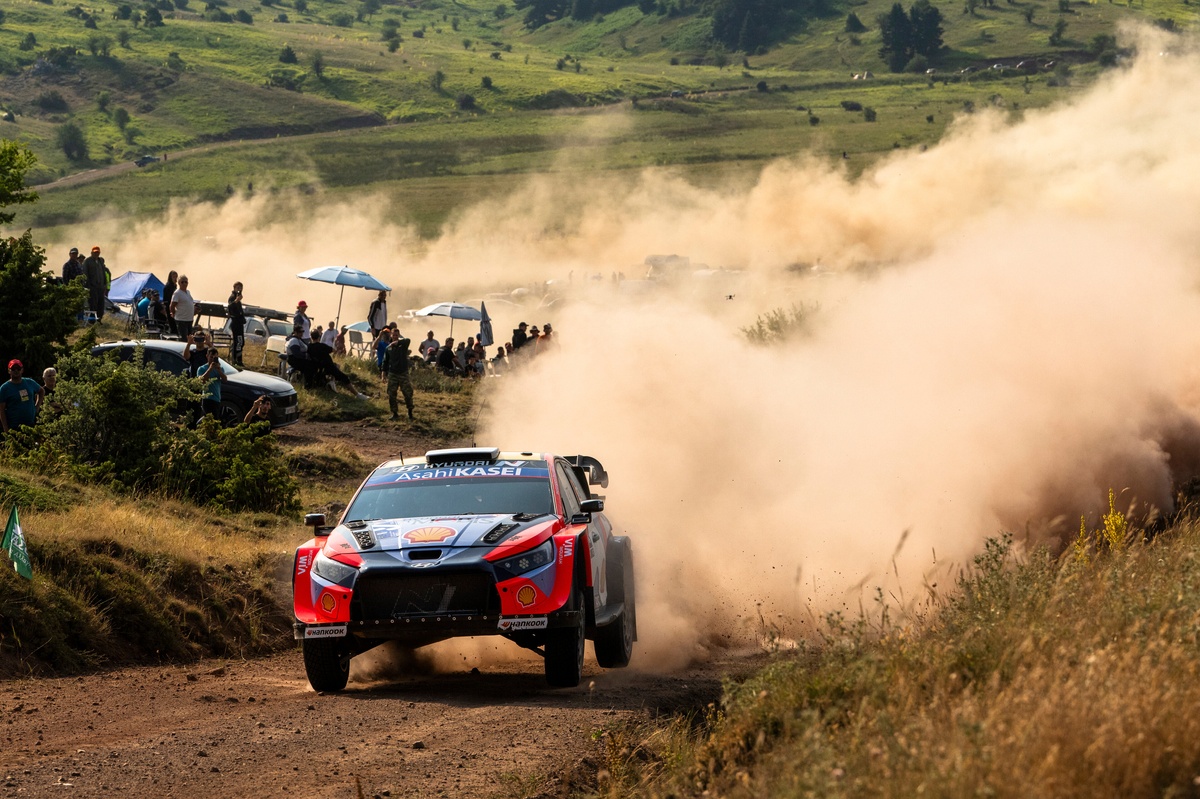
New Technical Regulations for WRC 2027 Spark Interest from Manufacturers and Tuners
The World Rally Championship (WRC) is preparing to introduce a new set of technical regulations for the 2027 season, which are expected to bring significant changes to the sport. These rules are being developed with the aim of making the championship more affordable and adaptable, encouraging greater participation from both manufacturers and teams.
The proposed regulations will feature cars built under a €345,000 cost cap, ensuring that they deliver performance comparable to the current Rally1 machines. However, these vehicles will use a space frame chassis and components from the Rally2 category, offering a more cost-effective solution. This shift is intended to make it easier for new players to enter the competition without incurring excessive expenses.
One of the key aspects of the new rules is the flexibility they provide for tuners and automotive manufacturers. They will be allowed to construct their own chassis and design unique bodywork, enabling a wide range of creative possibilities. The FIA has already approved refined bodywork regulations, which were discussed at the June World Motor Sport Council meeting. These regulations give teams the freedom to scale and integrate various designs, including saloons, hatchbacks, crossovers, and entirely custom models.
Interest in the 2027 regulations is growing rapidly. Following the initial announcement last December, the FIA has confirmed that at least two tuners are actively working on projects related to the new rules. Xavier Mestellen Pinon, the FIA’s technical director, stated that “two of them are working closely with us on this project. Two are very involved, but we are involved in discussions.”
In addition to tuners, there is also potential for a new manufacturer to join the WRC by 2027. According to recent reports, one manufacturer is nearing a potential announcement, which could mark a significant development for the championship. A meeting between the FIA and a potential new participant is scheduled to take place at the Rally di Roma this week.
Currently, none of the existing WRC brands—such as Toyota, Hyundai, and M-Sport-Ford—have officially confirmed their plans to compete in 2027. However, Toyota has reportedly begun preliminary preparations. M-Sport recently stated that it is reviewing the regulations to determine what is feasible, but the British team requires more clarity on the future direction of the WRC before committing.
Hyundai has also expressed its position, emphasizing the need for more flexibility regarding drivetrains. The company is advocating for the inclusion of more road car-relevant technology in the regulations. While the focus for 2027 remains on internal combustion engine vehicles, the FIA has indicated that it may consider other powertrains in the future. However, no specific timeline or details on achieving parity between different types of vehicles have been confirmed yet.
The FIA is currently engaging in discussions with manufacturers about the possibility of allowing some flexibility in engine specifications for the 2027 season. Another key milestone in the development of the regulations is the finalization of the roll cage, which is expected to be completed within the next two months.
As the WRC moves closer to implementing these new rules, the focus remains on attracting new participants while maintaining the competitive spirit of the championship. With growing interest from tuners and potential manufacturers, the 2027 season could mark a new era for rally racing.
Post a Comment